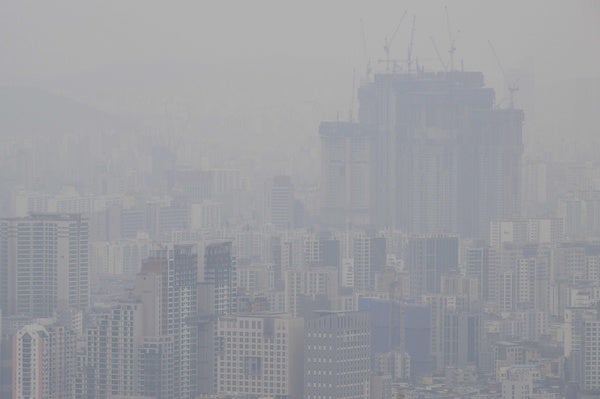 |
| June 27, 2022 |
 |
| |
| |
| |
| |
| |
| |
| |
| |
| |
| |
| |
FROM THE STORE
 | | The Science of Climate Change As evidence for human interference in the Earth's climate continues to accumulate, scientists have gained a better understanding of when, where and how the impacts of global warming are being felt. In this eBook, we examine those impacts on the planet, on human society and on the plant and animal kingdoms, as well as effective mitigation strategies including resourceful urban design and smart carbon policies. *Editor's Note: This Collector's Edition was published as Climate Change. The eBook adaptation contains all of the articles, but some of the artwork has been removed to optimize viewing on tablet devices. |  | | |
LATEST ISSUES
 |
| |
| Questions? Comments?  | |
| Download the Scientific American App |
| |
| |




